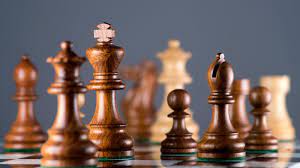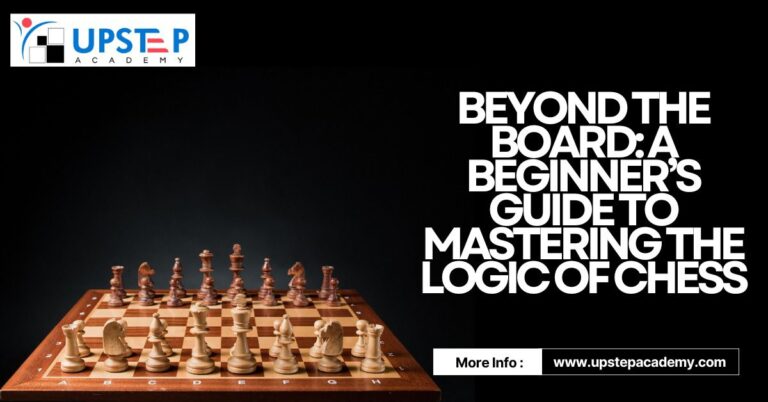
Chess
Chess is a game of strategic intelligence and tactical thinking, requiring players to possess a deep understanding of the game, its rules, tactics, and strategies. It has been often referred to as the “king of games” due to its complex nature and the required skills for effective play. Mastering the art of tactical thinking is vital for chess players seeking to enhance their game and achieve proficiency.
Tactical thinking in chess necessitates the ability to analyze the board, detect opportunities, and execute moves that outdo the opponent. It entails a combination of strategic planning and rapid thinking, as players must constantly adjust to changing conditions on the board. A crucial aspect of tactical thinking in chess is comprehending the different types of moves that can be executed and the best times to employ them.
One of the most fundamental tactical moves in chess is the fork, which involves moving a piece in a manner that attacks two or more enemy pieces simultaneously. The opponent is forced to shift one of their pieces to safety, which can open up opportunities for the player to capture another piece or gain control of an important square on the board.
Another prevalent tactical move is the pin, which immobilizes an enemy piece by attacking it with a more powerful piece, compelling the opponent to either move the piece or sacrifice it.
A thorough understanding of these basic tactical moves is essential for chess players seeking to improve their game. However, mastering the art of tactical thinking requires a deeper comprehension of the game, including strategic planning and the ability to anticipate the opponent’s moves. Players can improve their tactical thinking skills by practicing and analyzing games played by professionals.
Studying chess tactics and puzzles can also help players develop their skills and gain a deeper understanding of the game. There are numerous books and online resources available to aid players in improving their tactical thinking and strategy.
Another critical aspect of tactical thinking in chess is the ability to plan ahead. Chess is a strategic game, and players must always be thinking several moves ahead to anticipate the opponent’s next move and plan their own moves accordingly. This requires a combination of creativity and logic, as players must consider multiple potential outcomes and adapt their strategy as the game progresses.
Effective tactical thinking in chess also involves understanding the significance of controlling the center of the board. The center of the board is the most vital area, as it offers the most control over the game and provides the most opportunities for tactical moves. Players who control the center of the board can dictate the pace of the game and force their opponent to react to their moves.
In addition to mastering tactical thinking, chess players must also possess defensive skills. One of the most effective defensive tactics in chess is the counterattack, which involves launching an attack on the opponent’s pieces in response to an attack on their own pieces. This can create opportunities for the player to gain an advantage or turn the tables on their opponent.
In conclusion, mastering the art of tactical thinking is crucial for chess players seeking to improve their game and achieve proficiency. Understanding the different types of tactical moves, studying chess tactics and puzzles, and planning ahead are all vital aspects of effective tactical thinking in chess. By developing these skills, players can gain a deeper understanding of the game, improve their strategy, and become more successful on the board.
By: Gracy Gaur
Write and Win: Participate in Creative writing Contest & International Essay Contest and win fabulous prizes.


